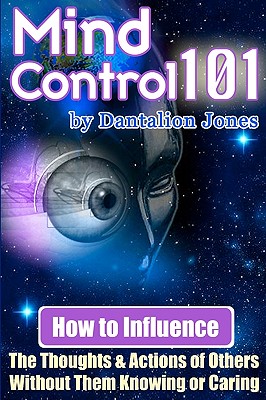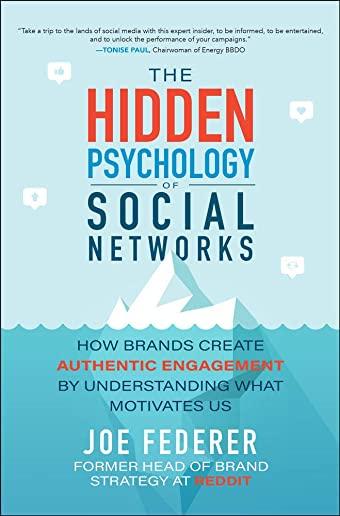
Luzzo, Daniele
product information
description
0The 2019 pandemic has been not only a biological pandemic but also a psychological-cultural pandemic. This study evaluates the impact of mental health on the general population, stakeholders, and how the psychological factors have important consequences in creating public health rules. To prevent unconscious cognitive biases or to anticipate reactions from the community, we found that catering to cognitive elements is essential in the creation of public health procedures. Following our assessment, the expert in the mental health fields and in the social sciences should be included in the committee and decision-making group, both at the national and local levels. We used literature created before the pandemic and research developed during the outbreak. Additionally, we completed this review with an analysis of individual interviews and observations from welfare policies and managerial practices during the epidemic. This book aims to be a valuable tool for public health managers and Leaders in addressing a national health crisis. Experts in the psychosocial field can find in this document an exciting analysis of the correlation between cognitive biases and populations behaviours during an emergency. Finally, the public would have some ideas on risks and possible long-term psychological consequences of the Covid-19 pandemic, with suggestions on well-being protective elements for protecting their mental health fitness.
member goods
No member items were found under this heading.
notems store

Getting In: A Step-By-Step Plan ...
by American Psychological Association
Paperback /Paperback$23.51
Return Policy
All sales are final
Shipping
No special shipping considerations available.
Shipping fees determined at checkout.






